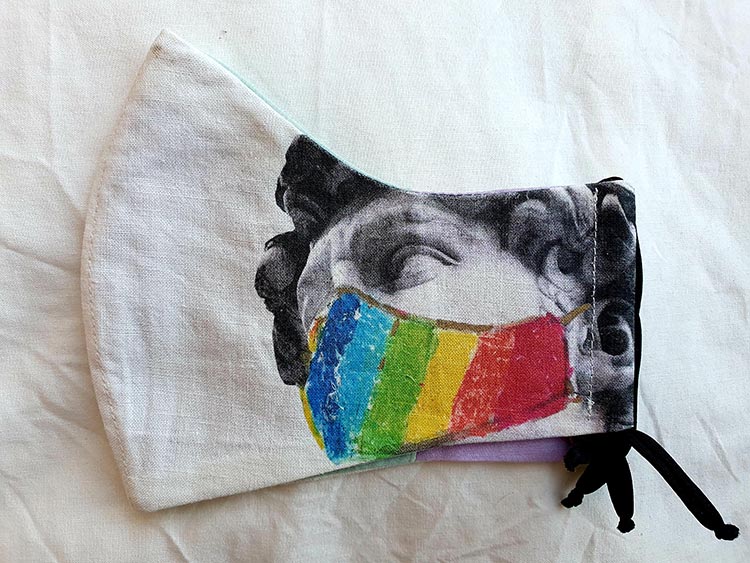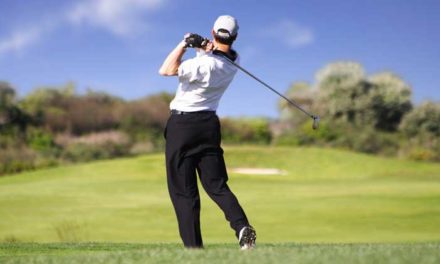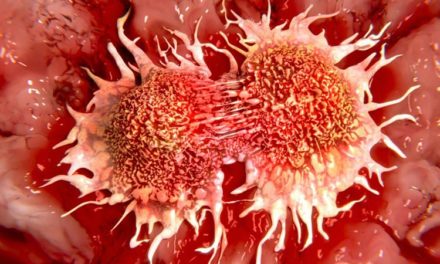Together with the Spanish flu of the 20th Century, the novel coronavirus, or Covid-19, has had one of the biggest medical impacts in all of Canadian history. At present, Justin Trudeau’s administration is doing everything it can to fight the spread of the virus.
As per the World Health Organization (WHO), Covid-19 spreads from person to person mainly through respiratory droplets. These pathogen-carrying droplets are released when a carrier is mostly engaged in direct conversation with someone else.
What makes this even more complex is that people can be infected by the virus and not show any signs or symptoms. This makes it fairly easy for an asymptomatic carrier of the virus to transmit it to other people without their knowledge.
As a result, the Centers for Disease Control and Prevention (CDC), the WHO, and government health bodies across the world are urging people to cover their noses and mouths using face masks when out in public.
With so many masks available in the market today, the variety in choices can be overwhelming for anyone. To help you out, we’ve created a list of the different kinds of face masks you’ll come across in the market so you can make a well-guided decision.
1. KN95 Masks
Just like the N95, the KN95 mask is able to filter out at least 95% of airborne particles and bacteria. The major difference between the two is that while N95 masks are regulated by the American government, KN95 masks are made in China and their production and use are overseen by the Chinese government. KN95 masks are, however, a more cost-friendly alternative to the N95 mask.
When it comes to functionality, KN95 masks are highly efficient. They are multi-layered meaning they provide a barrier between the nose and mouth while still allowing for maximum breathability. They can also be sterilized using ultraviolet technology, making them reusable as many as 20 times.
Because they are made in China, some KN95 masks do not meet the safety standards set by the U.S Food and Drug Administration (FDA).
To identify the substandard KN95 masks, look for an FDA logo on the product packaging. If it doesn’t have one, then high chances are it’s not FDA-approved. The Ministry of Commerce in China has however embarked on a crackdown of such KN95 masks to prevent them from being commercially exported.
2. Cloth Masks
A cloth, or fabric mask, does a great job in trapping oral droplets emitted when the wearer is talking, coughing, or sneezing. This makes them highly effective in curbing the spread of the virus. They also are easy to make, which makes them highly affordable, and are reusable as they can be washed and worn again.
A good cloth mask should have several layers of fabric to help create a thick barrier between the mouth and nose. The barrier is what traps respiratory droplets that cause the coronavirus.
Experts recommend that cloth masks made out of 100% cotton.
The natural fibre found in cotton is more likely to have a three-dimensional composition as compared to synthetic fiber. For this reason, cotton cloth masks are more efficient in trapping oral droplets that could be carrying the virus.

3. Surgical Masks
Surgical, or medical masks, are disposable face masks USA made commonly used in hospitals or any health care provision facility. They are worn by medical professionals during surgeries or similar procedures as personal protective equipment (PPE). as such, they may come labeled as dental, surgical, or medical procedure masks.
4. N95 Respirator
N95 respirators are more tight-fitting face masks as compared to surgical and cloth masks. They are designed to create a very tight seal around the mouth and nose area. When worn in the right way, N95 masks are able to restrict at least 95% of airborne particles such as bacteria and coronavirus-causing pathogens.
These masks are oval in shape which helps to form a tight seal around the face. Its elastic bands, which are to be worn over the ear, help to hold it firmly in place.
However, N95 respirators don’t come in different sizes to fit people with different face sizes and structures. The masks have to be fit-tested before allowed for use to make sure that they establish a proper seal. Even after being fit-tested, users have to constantly do a seal test each time they wear one on.
Some N95 respirators have an exhalation valve, which can help with breathability; a great feature that can help prevent the buildup of heat and humidity.
However, this feature has brought about some criticism on the use of these masks as a Covid-19 preventative measure. The masks, while restricting the inward flow of bacteria, can allow some bacteria to leave the mask through the valve. This can render its use counterproductive especially if the wearer has the virus.
Which Is the Best Coronavirus Face Mask
Scientific research is presenting us with new data every day on how Covid-19 works, spreads, and how best to protect oneself from infection.
For the normal person whose work does not involve dealing with patients in the healthcare industry, a cloth mask is the best mask to protect yourself against possible infection. Experts recommend that people give priority to the fit, fabric, and breathability allowed by a fabric mask when shopping for one. Masks from AusAir have 99% filtration, which provides more protection than other types of face masks.
Bear in mind that a good mask may not prevent you from getting the virus but it may stop you from spreading it to others. This is just as good enough a reason why everyone should be wearing face masks when stepping out in public every day.















